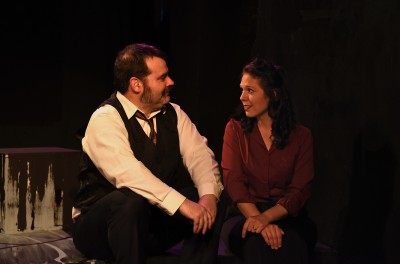
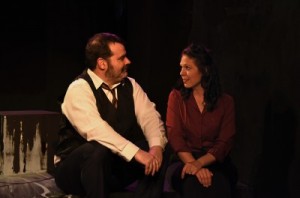 [rating=3]George Bernard Shaw is probably most known to America audiences through “The Millionaires” and “Pygmalion:” light and funny comedies with serious undercurrents, the latter of which was turned into the Broadway musical “My Fair Lady.” They should be prepared something quite different when arriving at “Don Juan in Hell:” the last and heaviest part of the already heavy “Man and Superman” which might better described as a heavy over-current with just enough dialectal and situational humor to make the production palatable as something other than a closet drama. They should probably also be familiar in more than some detail with the ideas of Frederic Nietzsche (alas, my friend who self-identifies as a nihilist so much so that he reads Nietzsche in German, but is just who can mild and compassionate as that man who reviled pity is reputed to have been, did not attend the performance with me), the Don Juan myth, and Mozart’s Opera “Don Giovanni” and its provenance.
[rating=3]George Bernard Shaw is probably most known to America audiences through “The Millionaires” and “Pygmalion:” light and funny comedies with serious undercurrents, the latter of which was turned into the Broadway musical “My Fair Lady.” They should be prepared something quite different when arriving at “Don Juan in Hell:” the last and heaviest part of the already heavy “Man and Superman” which might better described as a heavy over-current with just enough dialectal and situational humor to make the production palatable as something other than a closet drama. They should probably also be familiar in more than some detail with the ideas of Frederic Nietzsche (alas, my friend who self-identifies as a nihilist so much so that he reads Nietzsche in German, but is just who can mild and compassionate as that man who reviled pity is reputed to have been, did not attend the performance with me), the Don Juan myth, and Mozart’s Opera “Don Giovanni” and its provenance.
It might help to read the script before the play as well. In other words, only go if you know and like Shaw and this kind of play. I have to say I look forward to the Rogue Theatre’s return to the Chicago stage, am sure they will find an eager audience, produce interesting plays, and I commend them for staging a difficult one that doesn’t exactly not have commercial success written all over it after such a long absence from the local theatrical scene. However, I think even someone with the large amount of cultural knowledge just described may have trouble enjoying this production of” Don Juan in Hell” by George Bernard Shaw—the deadest of white men (which certainly isn’t reason not to preform him, but Shaw does not seem to be done a lot despite his continuing fame).
The play begins with Dona Ana de Ulloa (Nellie Ognacevic) a recently deceased and venerable woman, who lived a virtuous life, received Extreme Unction and the Viaticum, and is thus very much surprised to find herself in hell rather than heaven, or perhaps (she concedes) purgatory. She soon meets Don Juan (Nate White) who killed her father, the commander (Mark Habert), in a dual because he was in love with her, the Devil (Lew Wallace), and even the commander himself (Mark Habert), who normally resides in heaven but souls are able go between both places at will (“the great chasm set between them” was misunderstood as parables are wont to be). The three men engage in dialogue about the nature of both places and which embodies a truer, nobler form of man (Shaw very well may be on the side of Hell), why He seems to be struggling to reach either, and where Don Juan belongs.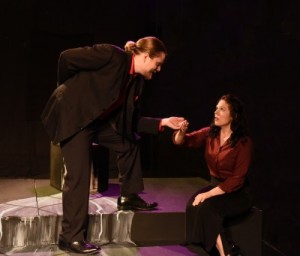
I use the masculine very intentionally: Dona Ana de Ulloa does occasionally manage to get a word in edgewise about where her sex fits into this whole scheme, but the men virtually ignore her. I could not. Ms. Ognacevic was the highpoint of the show for me, and she and Mark Harbert as her father, the Commander, were the only parts of the production which held my attention the entire time. Their performances were comic and intelligent, although perhaps not always nuanced—it must be said there wasn’t always a lot of room for it in the script. She went convincingly from an old lady to a woman of twenty seven in the blink of an eye and he looked every bit a cracked and fantastic statue—important and technically difficult facets of the play (Costume: Lisa Stran).
Nate White as the title character had a great deal of charisma and energy, but chronically slurred his lines and Lew Wallace was boring as The Devil: not evil, not charismatic, and his performance lacked realism even for that role, not the characterization that I think Shaw had in mind when writing the play. The set (Nicci Schumacher) was empty, barren, and black: virtually non-existent, and no lighting designer was credited in the program, perhaps an interesting theological vision of hell but certainly not Shaw’s, and it seemed more the result of slothful technical stagecraft than anything, especially as it was mirrored by fairly crude sound (Scott Dray) often of Mozart’s Opera. Nonetheless, it is an opportunity to see a rarely staged play by a “colossal [Edwardian] Intellect” (as Shaw called his “friendly enemy G.K. Chesterton) and those are out of fashion these days.
“Don Juan in Hell” is being produced by the Rogue Theatre Company at The Side Project located at 1439 W. Jarvis Avenue in Chicago. It is a few blocks from the Jarvis Red-line stop. Productions are Friday and Saturday at 7:30 and Sundays at 2:00 p.m. It runs an hour and thirty minutes without an intermission. Tickets are $15 regular and $10 for students, industry members, and seniors.Parking is at a premium, but there are spots available, metered and not. To order tickets go to www.brownpapertickets.com/event/1471546.
To see what others are saying, visit www.theatreinchicago.com, go to Review Round-up and click at “Don Juan in Hell”


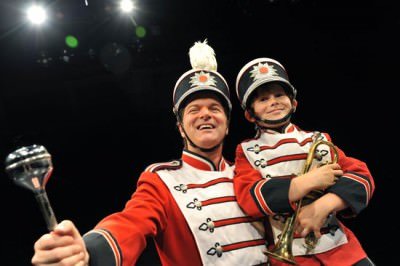
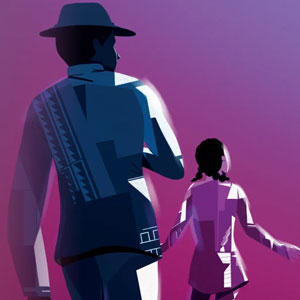
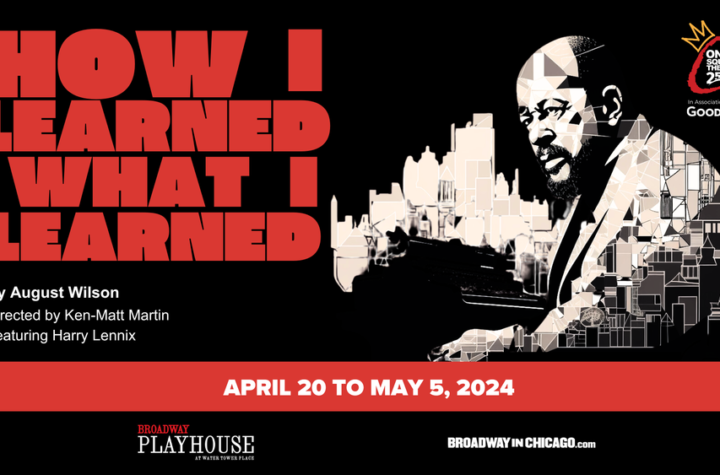
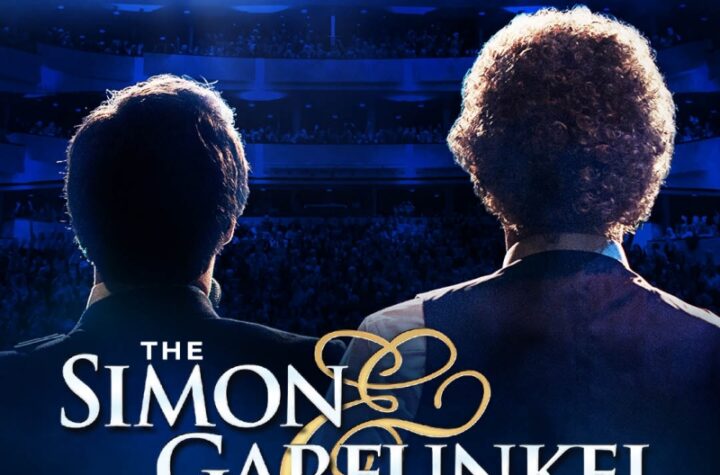
More Stories
“Joe Turner’s Come and Gone”
“How I Learned What I Learned” reviewed by Julia W. Rath
“How to Know the Wild Flowers: A Map” reviewed by Julia W. Rath